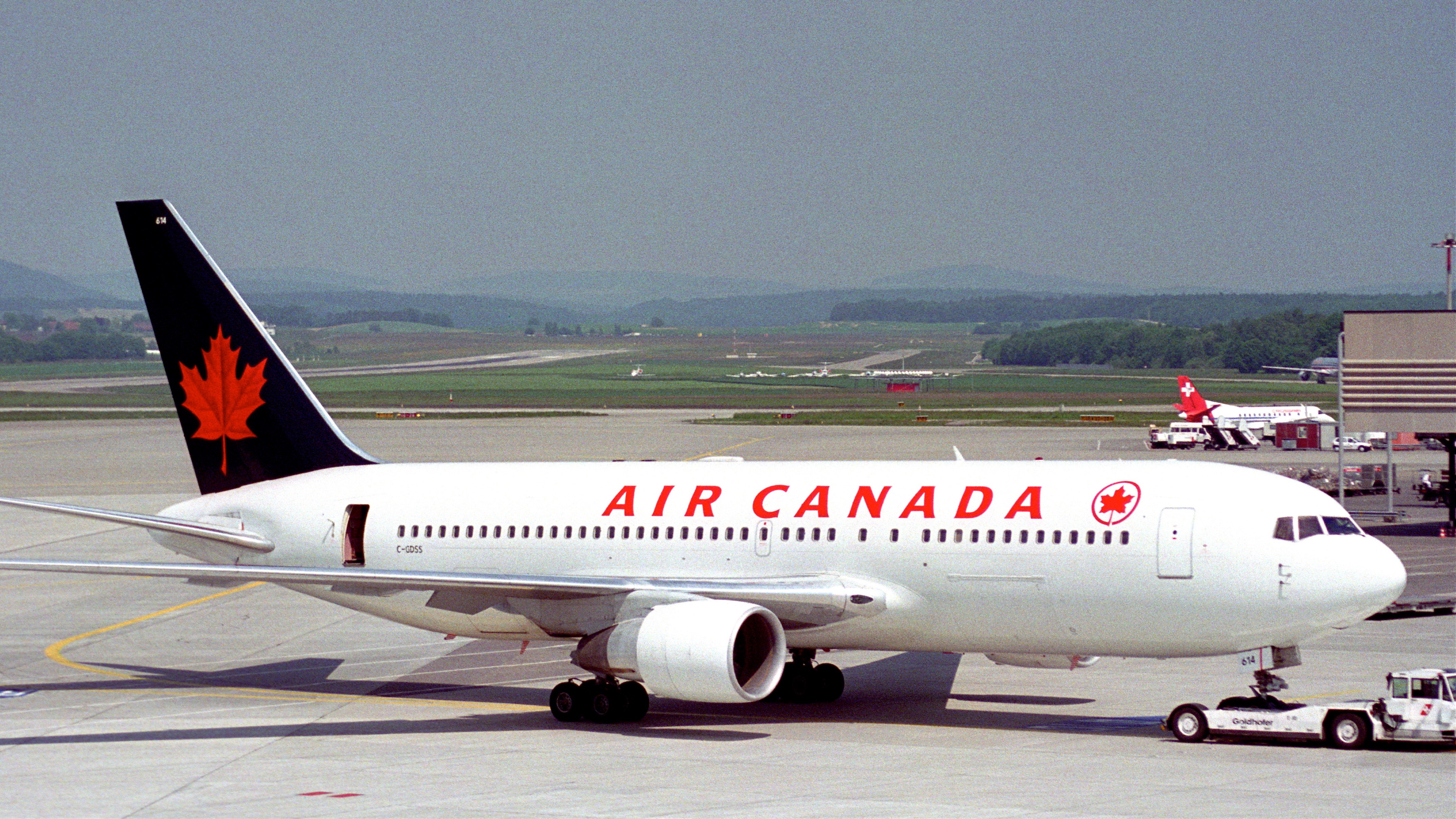In 2017 airline stocks were coming off a banner year. Air Canada (TSX:AC)(TSX:AC.B) stock had nearly doubled for the full calendar year in 2017 and airlines reported record passenger traffic. This year has been a different story, however.
Back in June I’d discussed why investors should avoid airline stocks this summer with economic headwinds building up. The previous economic crisis ushered in a period of crisis for airliners. Air Canada and other major airliners managed to avert catastrophe, but shares were hammered in 2008 and 2009. Shares of Air Canada are down 10% in 2018 as of close on August 2.
WestJet Airlines Ltd. (TSX:WJA) that suffered the steepest drop after it released its second-quarter results in the beginning of the week. The airliner reported its first quarterly loss in 13 months as it wrestled with a strike threat from its pilots. This comes after the June launch of its low-cost regional airliner Swoop.
One of the most significant threats to WestJet and the industry at large has been the rise in fuel costs in 2018. According to Statistics Canada energy costs were 12.4% higher in June compared to the previous year. This was after an 11.6% year-over-year increase in the month of May. Statistics Canada reported a 24.6% jump in the price of gasoline and a 25.9% increase in fuel oil and other fuels.
Airlines have benefited from the low fuels costs that came after the oil price collapse in 2014-2015. Higher passenger traffic combined with these factors to propel airliners to record earnings. With geopolitical pressures pushing oil and gas prices higher, airliners are facing mounting challenges.
WestJet alluded to these factors as it announced that it would cut the number of available seat miles by 6%. It is also in the process of examining other routes to determine where capacity can be cut going forward. Higher fuel costs have been a headache, but it is the threat of the pilot strike that drove down profits in the second quarter. WestJet reported many cancellations and turned to heavy discounting in order to make up ground.
Broader economic headwinds are also a concern for airliners, as I discussed earlier in this article. According to recent reports, higher interest rates are already putting a larger burden on consumers. The Bank of Canada raised the benchmark rate again in July, but also warned of several problem areas in the economy. These included the housing market, trade issues, and the problem of near-record high consumer and household debt.
These potential headwinds combined with higher fuel prices make airlines a gamble for investors at this time. Of the two we have covered today, Air Canada has managed to avoid the complications that WestJet had to contend with in the second quarter. It also posted a fantastic second quarter and posted record operating revenues of $4.33 billion.









